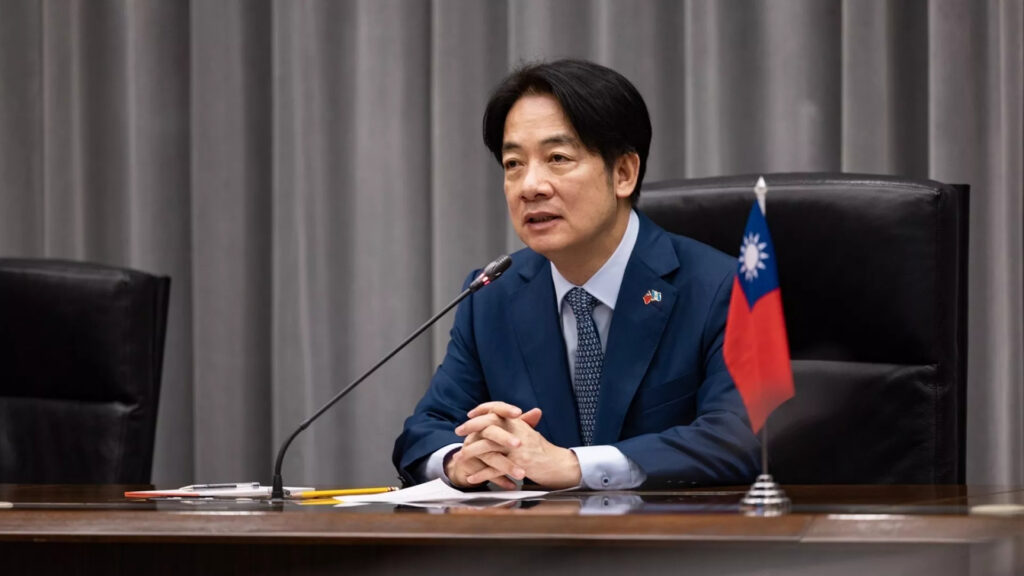Taiwan’s government warned on Monday that opposition-led amendments to next year’s budget could put national security and defense funding at risk.
The opposition-majority parliament passed the amendments last week to reduce the central government’s tax revenue by NT$375.3 billion ($11.5 billion), drawing strong criticism from the ruling party.
“This will severely impact central government’s financing such as economic development, social welfare and national defense,” Taiwan’s Finance Minister Chuang Tsui-yun told a cabinet press conference on Monday.
The ruling Democratic Progressive Party (DDP) had sought to block the bills, arguing they could harm Taiwan’s democratic system, as the democratic island faces growing military threats from China.
Taiwan’s cabinet said the amendments would require it to cut 28 percent from a major section of next year’s budget proposal, which includes NT$294.5 billion ($9 billion) allocated for national defense.
It also said the amendments were passed without consensus between the central and local governments and the government would explore “all constitutional remedies” to preserve the budget.
President Lai Ching-te warned Saturday that Taiwan’s combat capacity could be “deeply compromised” and that the amendments could undermine the “life safety” of Taiwan’s 23 million people.
The amendments, passed on Friday, have sparked brawls among lawmakers and drawn thousands of protesters outside the parliament.
The DDP had originally proposed a record-high NT$647 billion ($20.24 billion) in defense spending for 2025 – a 7.7 percent increase from this year – to bolster deterrence against Beijing.
China, which claims Taiwan as part of its territory, has ramped up its military activities around the self-ruled island in recent months, staging large-scale drills and deploying naval vessels.
The main opposition party, the Kuomintang (KMT), has defended the amendments, arguing they enhance fiscal autonomy for local governments.
The KMT, widely seen as pro-Beijing, and its ally Taiwan People’s Party passed another controversial reform in May to expand parliamentary powers, a move partially struck down by Taiwan’s top court months later.



